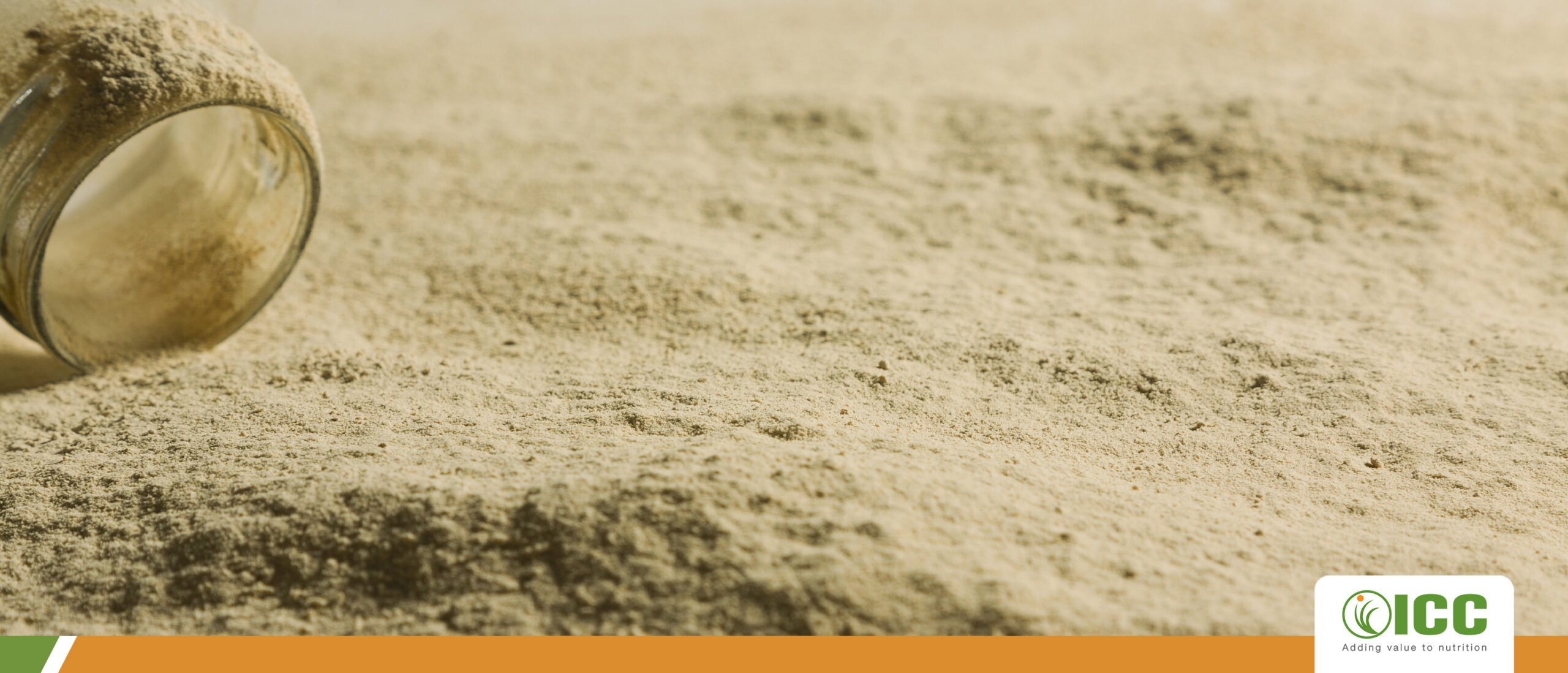Learn how yeast-based products can help in the fight against mycotoxins
The study shows the efficiency of yeast-based products in controlling this animal nutrition threat. Check it out!
An important study on yeast-based products as an ally in the fight against mycotoxins was recently published by the renowned magazine “Food Research International.”The study entitled “In vitro and in vivo capacity of yeast-based products to bind to aflatoxins B1 and M1 in media and foodstuffs: A systematic review and meta-analysis”, featured in the international publication and reference in the sector, brings even more credibility to the effectiveness of yeast as a mycotoxin adsorbent. Among the authors of the research are Liliana Borges, R&D Analyst, Melina Bonato, R&D Manager, and Ricardo Barbalho, Commercial Manager in Brazil, together with USP specialists, Fernanda B. Campagnollo, Amin Mousavi Khaneghah, Yadolah Fakhri, Caio B. Barbalho, Carlos H. Corassin, and Carlos AF Oliveira. The full original content is available here: https://bit.ly/30ARbSH.
Mycotoxins are secondary metabolites that are toxic for animals and humans. They are produced by certain fungal species with high toxic activity and high stability, such as Aspergillus, Penicillium, Fusarium and Alternaria. All mycotoxins are cytotoxic, with different degrees of toxicity, which causes the rupture of cell membranes and other structures or interfere with vital processes, such as protein synthesis of RNA or DNA, immunosuppression, nervous system functions, and hemorrhagic conditions. They also cause decreased productive and reproductive efficiency, metabolic and biochemical deficiencies, gastroenteritis, autoimmune diseases, vitamin or mineral deficiencies, genetic alterations, teratogenicity, carcinogenicity, and even death in some cases.
Among the main mycotoxins are aflatoxins, which are hepatotoxic and carcinogenic metabolites produced by Aspergillus species, namely A. flavus, A. parasiticus, and A. nomius. They are commonly found in grains and cereals such as corn, wheat, and peanuts, used in animal feed. Among the 20 different types of aflatoxins mentioned by the research are aflatoxins B1 (AFB1), considered the most toxic natural compound identified to date, and even a potential cancer-causing agent in humans. In addition to aflatoxin B1, the presence of aflatoxin M1 (AFM1) is alarming, as it also preserves several toxic properties of the original compound, including the hepatocarcinogenic effect.
Although good agricultural practices and adequate storage of grains and finished products are considered the best strategies to prevent aflatoxin, several methods have been proposed to reduce mycotoxin contamination, including physical, chemical or biological treatments for elimination, inactivation or reduction of its bioavailability. Among the biological approaches, the use of yeast strains capable of adsorbing aflatoxins is an alternative to reduce the toxin bioavailability in the organism.
Yeasts against mycotoxins
One of the most investigated yeast strains is the Saccharomyces cerevisiae in its various forms of use. The inclusion of yeasts in contaminated diets reduces the absorption of aflatoxins during their passage through the gastrointestinal tract, as they are eliminated in the feces. Therefore, the publication advocates the use of S. cerevisiae in basic ingredients and food supplements used regularly in animal nutrition, since its inclusion has presented satisfactory results when added to diets.
The observed effects of yeasts are related to the components of their cell wall, the mannan oligosaccharides (MOS), and β-glucans. Their benefits include modulation of the microbiota and enhanced gut integrity, as well as the stimulation of the immune system and the adsorption of mycotoxins. As adsorbent agents, yeasts can bind to mycotoxins since they contain β-glucans in their cell wall composition, thus preventing contamination of other organs through elimination via excreta. Therefore, the beneficial effects confirm the benefits of using yeast-based products in diets and give rise to exciting perspectives, aiming to reduce the contamination of livestock and human exposure to mycotoxins.
ICC Brazil: the pioneer in yeast-based solutions for animal health and nutrition
ICC Brazil is the pioneer in the production of innovative solutions: yeast-based additives for animal health and nutrition. Since 1992, ICC has been working with universities as well as national and international research centers to carry out over 200 studies and in vivo research in different areas of animal production, ensuring the quality and efficiency of our products. Discover the solutions now and see how they may help in the fight against mycotoxins while providing more welfare and quality to livestock: www.iccbrazil.com/linha-produtos.
Posted in 07 August of 2020


